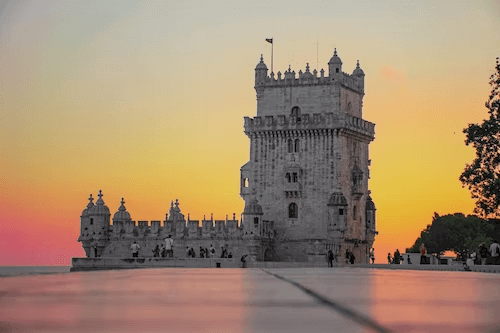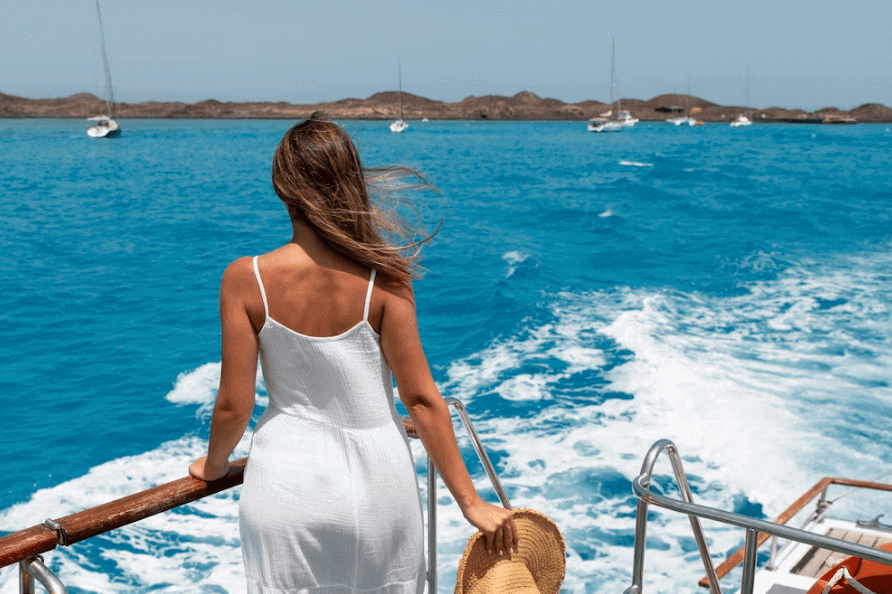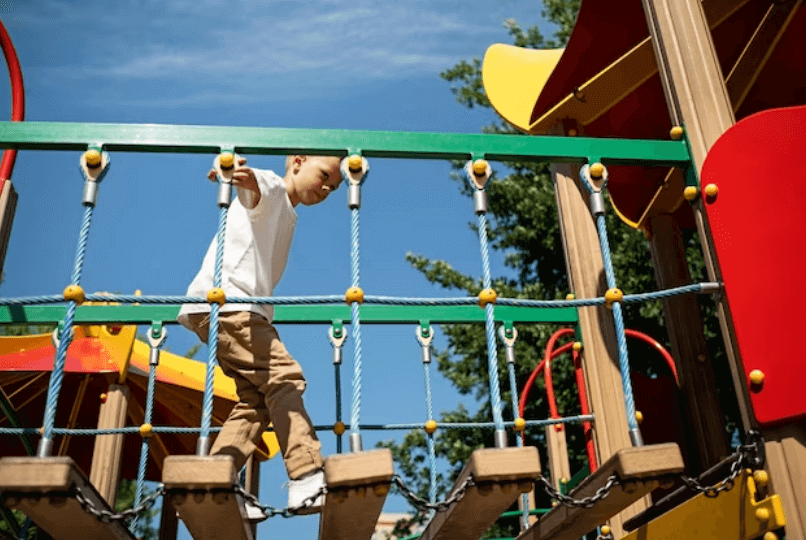The country of Morocco has seen a huge increase in the number of people travelling there recently as many are looking for a new, fun and adventurous travel experience. You know this to be true because you have been one of those people who were curious about it! When seeing a place with potential for you to travel, different aspects that are just as important are things like public safe to travel to Morocco and what kind of laws could be active within the country.
Morocco has seen a huge rise in foreign visitor numbers over the last few years. Many travellers are looking for an adventurous and unique travel experience, and Morocco offers just that! However, one must be prepared when travelling to a country like this. Safety levels may be different than what you’re used to or accustomed to in the traveller’s home country. It is important to understand Morocco’s laws and societal norms while travelling to ensure you stay safe while having fun exploring this beautiful city and its people!
Morocco has become an increasingly attractive destination in recent years, with many tourists coming to the country in order to enjoy its exotic culture and geographical marvels. There are, however, a few ways that travelling to Morocco differs greatly from visiting your average holiday destination. When planning your trip it’s important to keep a few things in mind so that you’re well equipped for all of the excitement, whether it be on safari or just soaking up the rich culture and history of the country.
Well-being in public places
What do you say? real – opportunistic views to try and make an easy buck off unsuspecting tourists who came there for some fresh air, not shady antics. Petty crime and pickpocketing are one of the most common problems associated with Morocco travel nowadays. They can be especially problematic around the medinas and souqs – crowded places where it’s easier for criminals to operate unnoticed. To keep your valuables safe during your travels make sure to not carry too much money or wear expensive items such as jewellery. And remember that not all locals you come across are trustworthy, so if you want to buy souvenirs from street vendors it’s best to do so when they’re not making eye contact so that you don’t invite any additional pressure onto yourself.
Much of Morocco’s economy is dependent on tourism and many locals have found the best way to benefit from this is by running scams on those who would like to experience authentic city life.
Most of Morocco is reliant on tourism and many locals have become aware of this and may exploit one or more tourist scams or tourist traps that can catch even the most seasoned traveller off guard.
Well-being for travellers
Morocco is not a safe destination for people wishing to publicly express their attraction to the same gender. Gay, lesbian and/or transgender people visiting Morocco should exercise caution and avoid even mild forms of public displays of affection such as hand-holding.
Morocco is not a safe destination for LGBTQIA travellers, who may freely express their sexuality and/or gender identity in Morocco out of fear of religious persecution. LGBTQIA travellers wishing to visit Morocco should exercise caution when they go outside at night because the public displays of affection that are often seen as romantic gestures or sexual cues here can be seen as punishable offences such as kissing or holding hands.
Well-being for solo female travellers
Travelling alone at night in many parts of Morocco – especially here in the cities – can make you feel very uncomfortable. Unfortunately, verbal harassment is a problem that women travelling across Morocco have to deal with on a daily basis. Women travelling alone or in small groups may want to dress as conservatively as possible at all times in order to avoid unwanted attention and harassment from both sexes. Women often get confronted by drunks even if they’re simply walking down the street, so it’s always recommended to be aware of your surroundings at all times when you’re outside. Especially during peak hours!
Tips for staying secure in Morocco
When travelling in a group, watch out for each other and stick together at all times, especially when sightseeing outside of the main tourist zones in urban areas. It’s best to be aware of one another’s whereabouts at all times when going on walks. Keep your valuables locked up safely in your hotel (so they don’t get stolen) and try to stay clear of potentially dangerous areas (like secluded alcoves that might be mugging hot spots). And one thing we would also like to warn you about is drinking water from the tap. Because even though it doesn’t taste great or look that clean, there could be microscopic organisms lurking in this water so please be careful because some people have gotten sick just from drinking tap water.
Travelling as a small group when you are walking around and sightseeing can be very safe. This is especially true if you avoid walking at night. It’s also important to make sure that you lock your valuables in the hotel room safely and take care of these safeguarding measures each time before going out. One way that travellers can do their homework about a city tour or rural stay is by visiting review sites about trip planning like TripAdvisor. Avoid drinking tap water.
When travelling as a group you should always try to travel together at all times. When out-site-seeing takes turns keeping an eye on everyone else, and trust me you’ll have some fun with this game so make sure everyone walks together while sightseeing. Always have someone check over your itinerary before you leave to make sure it’s packed full of fun activities. Remember not to lay around in the sun too much and don’t forget to put on sunscreen every hour or so! Be respectful of the local culture and customs that you’re visiting- remember there are dogs everywhere with sensitive noses and pray for the ones back home that keep going crazy when you get home from vacation. Avoid drinking the tap water when appropriate!


